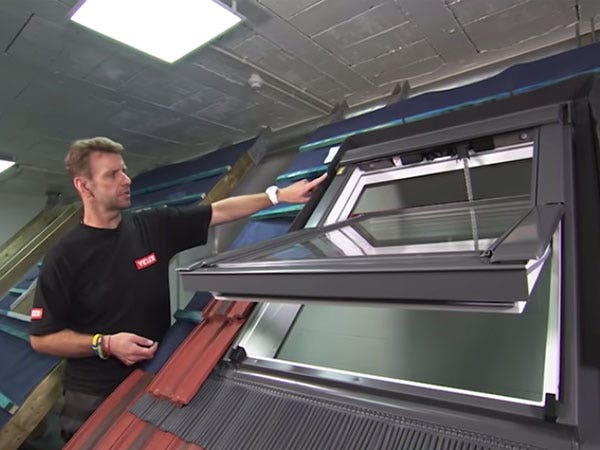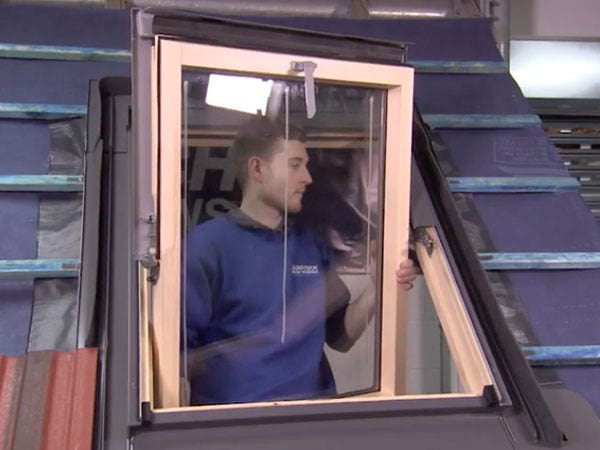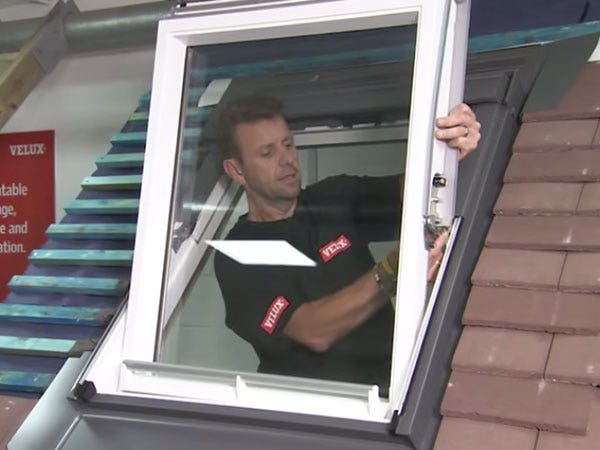Choosing the right roofing material isn’t always straightforward—especially when you're weighing up two popular options like fiberglass and PVC. Whether you're tackling a new build, upgrading a garden shed, or simply exploring your options, getting clear on what each offers can make all the difference. This guide will walk you through the real-world pros and cons of each, helping you figure out what fits your project, your budget, and your long-term expectations.
What Are Fiberglass Roof Panels?
Fiberglass roof panels are made by reinforcing plastic with fine glass fibres. They're typically translucent and lightweight, which makes them a go-to option for spaces that benefit from natural light, like conservatories, carports, and even greenhouses.
They’ve been used in construction for decades, and while newer materials have arrived on the scene, fiberglass still holds its ground for certain applications.
Pros of Fiberglass Panels
The standout benefit? Natural light. If you're looking for a roofing material that brightens up your space without the added cost of electrical lighting, fiberglass does a great job. It's also lightweight and easy to handle, so installation tends to be less of a headache.
On top of that, fiberglass panels are resistant to rust and corrosion, which makes them a strong contender for areas that deal with a lot of rain or moisture. And since they’re non-combustible, you also get an added level of fire safety.
They also don’t expand and contract as much as other plastics in extreme temperatures, which can help with overall longevity.
Cons of Fiberglass Panels
That said, they’re not bulletproof. Over time, UV exposure can cause fiberglass to discolour and become brittle, especially if you’ve gone for a cheaper panel without UV protection. That makes them more prone to cracking under pressure or impact.
They’re also not the most insulating option on the market. So if you’re roofing a structure where temperature control matters—like a home extension or workshop—you might find yourself layering up or looking elsewhere.
And while fiberglass is strong, it’s still prone to scratches and surface damage, which can build up over time and affect its appearance.
What Are PVC Roof Panels?
PVC (or polyvinyl chloride) is a synthetic plastic polymer used across various industries. In roofing, it’s praised for its durability, flexibility, and ability to handle a wide range of conditions. Unlike fiberglass, PVC panels tend to be opaque and come in a range of colours, styles, and finishes.
They’re especially popular in agricultural, commercial, and even some residential projects.
Pros of PVC Panels
One of the biggest advantages of PVC roofing panels is how tough they are. They resist chemical exposure, they’re waterproof, and they can withstand harsh weather without corroding or weakening. That’s a solid list of benefits if you’re roofing a structure that takes a beating from the elements.
PVC also offers better thermal insulation than fiberglass. If you're covering a space where keeping heat in or out matters, PVC could help reduce energy bills in the long run.
The range of colours and finishes also makes them a bit more versatile aesthetically. Whether you’re going modern or rustic, there’s probably a PVC option that matches your vibe.
Cons of PVC Panels
PVC does have a couple of drawbacks. For one, it can become brittle in extremely cold temperatures. That means if you're in a part of the UK that sees a lot of frost or snow, you’ll want to make sure you’re using high-quality, reinforced PVC panels that are designed for it.
They’re also not as eco-friendly. While some PVC is recyclable, the manufacturing process is more chemically intensive than fiberglass. So if sustainability is high on your priority list, this might give you pause.
Finally, the upfront cost can sometimes be higher than fiberglass—especially if you’re going for thicker or more specialised PVC panels.
Fiberglass vs PVC Roof Panel: Key Differences

Both fiberglass and PVC bring different strengths to the table, but they cater to slightly different needs.
Fiberglass is lightweight, lets light through, and works well in smaller builds or where natural lighting is a must. But it has limitations in insulation and durability over time.
PVC, on the other hand, is more robust in bad weather, better insulated, and more customisable in look. However, it can be less sustainable and more prone to damage in very cold conditions.
Depending on the scale of your project and your priorities, one of these will likely edge out the other.
If you're curious to explore all types of roof sheets, there are plenty of other materials that could also fit your needs—like metal, bitumen, or polycarbonate.
Which Roofing Material Is Best for You?
Consider Your Climate and Location
This one’s key. If you’re somewhere that gets a lot of sun, you’ll want to factor in UV degradation—especially with fiberglass. If you're dealing with lots of frost and low temps, make sure your PVC choice can handle it.
Don’t forget about wind either. Heavier-duty PVC panels might perform better in areas prone to strong gusts.
Think About Function and Usage
Are you roofing a workshop? A greenhouse? A lean-to? Fiberglass might suit a garden structure where you want light without having to install electrics. PVC might work better for a garage or outbuilding where you need strength and thermal control.
Usage really dictates what you need here. If it’s going to be used year-round, invest accordingly.
Budget and Long-Term Value
PVC may have a higher upfront cost but could last longer and save on insulation costs. Fiberglass might be more affordable now but require more maintenance or replacement down the line.
It's not just about what you can afford today—but also what you won’t want to replace two years from now.
Final Thoughts
Ultimately, the best roofing panel for you depends on what you're building, where you’re building it, and how much you’re happy to spend. Fiberglass offers simplicity, natural light, and ease of use. PVC brings strength, insulation, and variety.
Still unsure? You can always explore all types of roofing sheets here at JJ Roofing to weigh up every option side-by-side. The right panel is out there—you just need to find the one that ticks all your boxes.






